TEHRAN (Bazaar) – Professor Paul Pillar, who was CIA intelligence analyst for 28 years, says “The IRGC listing issue still seems to be the main sticking point.”
Pillar told Bazaar news agency “Any move that might be described, by opponents of the JCPOA and opponents of Biden, as a favorable gesture toward the IRGC could be damaging politically for Biden.”
Following is the text of the interview:
Bazaar: The Vienna talks now require political decisions by Iran and the United States. What do you think is the main issue left?
Pillar: By all accounts the main issue concerns taking the IRGC off the U.S. list of foreign terrorist organizations. There may also be differences concerning other terrorism-related designations that could affect the IRGC, and possibly still an Iranian demand for some form of assurance that the United States would not renege on the agreement again if there is a change of administrationis in Washington.
Bazaar: It is said that the removal of the IRGC from the U.S. terrorist list is the most important issue left in the negotiations. Robert Malley, the Special Envoy for Iran has stated that the IRGC will remain under sanctions even if it is removed from the US terrorist list. Despite this, what is the reason for America's stubbornness in this regard?
Pillar: Domestic politics. Any move that might be described, by opponents of the JCPOA and opponents of Biden, as a favorable gesture toward the IRGC could be damaging politically for Biden.
Bazaar: U.S. Congressmen are seeking to pass legislation that would require congressional approval by the US government to remove the IRGC from the terrorist list. If this happens, what is the Biden government's strategy for it?
Pillar: Any legislation that would change existing law about the congressional role in reviewing a nuclear agreement with Iran would have to overcome a veto of such legislation by President Biden. It is unlikely that opponents would have enough votes to override the veto.
Bazaar: In an interview with his Hungarian counterpart, the Iranian Foreign Minister stated that significant progress had been made in the negotiations, but that some important issues remained between Iran and the United States. What is your assessment of his words?
Pillar: It is probably an accurate reflection of the state of the negotiations. The IRGC listing issue still seems to be the main sticking point.
Bazaar: Mohammad Eslami, President of the Atomic Energy Organization of Iran, has announced that Iran has sent documents to the International Atomic Energy Agency on March 20, 2022, and they have reviewed them, and IAEA representatives will probably come to Iran to review the materials and review the answers and summarize. Do you think that the dispute between Iran and the IAEA over issues related to Netanyahu's documents will be resolved independently or it will be tied to the result of the JCPOA?
Pillar: Although formally these are two separate issues, there always has an unavoidable connection between the two. Goodwill by Iran on the issue of possible military dimensions of past Iranian nuclear activity might help to encourage the Biden administration to make whatever final concessions are necessary for reinstatement of the JCPOA.

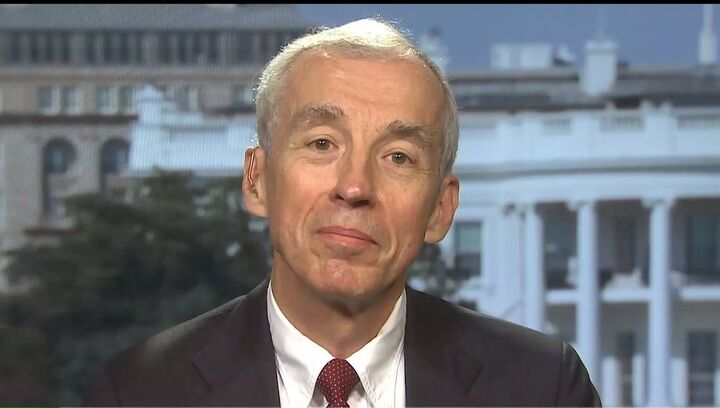





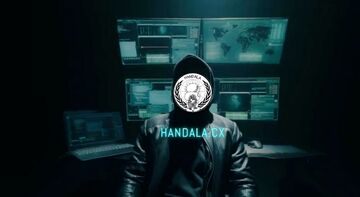
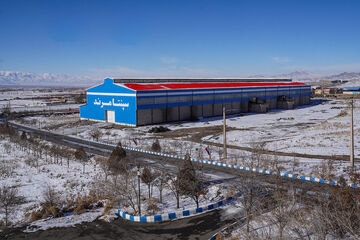

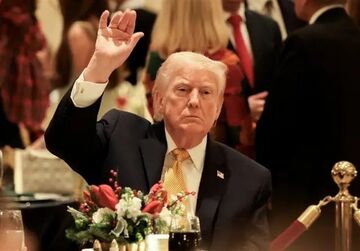

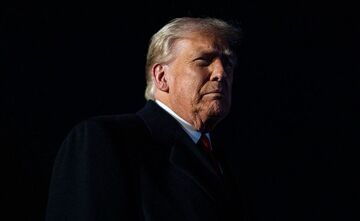
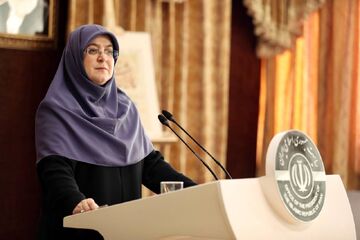


نظر شما